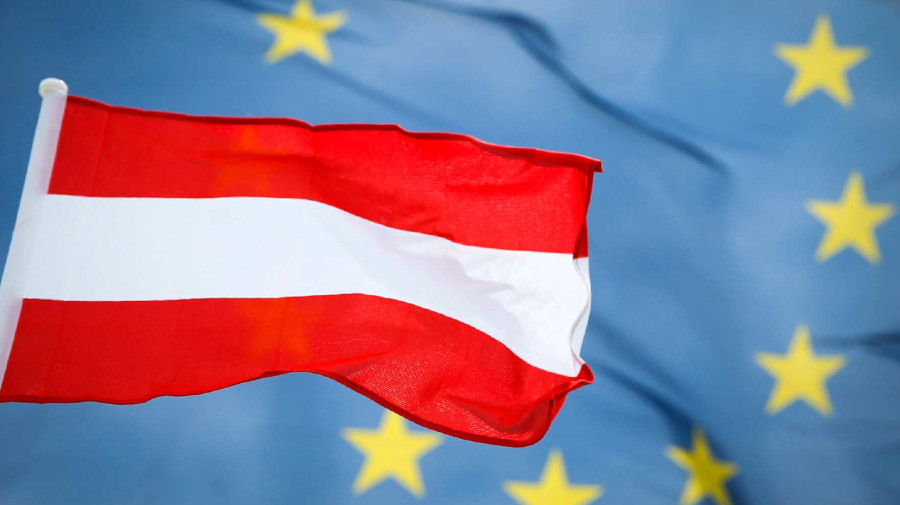Preparatory work is already well underway for Hungary's EU presidency, according to Justice Minister Judit Varga.Continue reading

Austria rejects the European Commission’s request and refuses to send more money to the EU, Austrian Chancellor Karl Nehammer said in an interview with Austrian broadcaster Ö1 on Friday morning, reports Magyar Nemzet. Austria is not the only one to disagree with the increase in member states’ contributions, with Hungary and Poland among those who have spoken out against it.
The Austrian Chancellor stressed that the use of existing financial funds should be a priority for the European Commission before increasing the amount of contributions. He cited the cohesion and reconstruction funds as examples, and said that greater attention could be paid to savings and cost-effectiveness in their use.
The Ö1 program noted that the European Commission had justified the request by saying that most of the existing funds – some €480 billion, according to Nehammer – had already been committed and could be called up. The Commission also recalled that the use of existing funds is governed by regulations, so they cannot be used for just anything.
It would be good if the Commission could show how it plans to move the money around – then we will see if it really works for member states in practice”,
Nehammer told the radio station.
Last week, the European Commission asked the 27 member states to add €66 billion to the budget for the period up to 2027.
The body did not hide why the idea of increasing payments had been mooted: it said the amount would make it easier to deal with Ukraine, immigration and economic competition.
The @EU_Commission presents an update on the progress made by Ukraine on reforms.
The goal is in sight. We’ll work together to the finish line.
We want to match reforms with investments.
Our proposed Facility for Ukraine would ensure support until 2027 with up to €50 bn
— Ursula von der Leyen (@vonderleyen) June 21, 2023
In addition to Austria, Germany, Poland and Hungary have already indicated their unwillingness to support the demands of the EU’s leadership. The Polish ruling party, Law and Justice (PiS), said the EU could bankrupt itself if it refuses to stop giving further aid to Ukraine.
Harald Vilimsky, head of the Austrian Freedom Party (FPÖ) European delegation said that “what the European Union is proposing goes beyond all reason and represents a political failure on the part of Brussels.”
German Finance Minister Christian Lindner pointed out last Friday that no further contributions could be made to the EU budget even if it was largely exhausted by the generous aid packages for Ukraine.
According to Dániel Deák, senior analyst at the XXI Century Institute, the EU has run out of money to support Ukraine, so Brussels wants more contributions from member states, but borrowing is not unthinkable either. At the same time, European Commission President Ursula von der Leyen announced another €50 billion in aid for Ukraine, he added.
At last week’s Government Info, Gergely Gulyás, the Minister heading the Prime Minister’s Office, said the Hungarian government was waiting for a response from the European Commission on the matter.
He stressed however, that he found it hard to imagine Hungary supporting this idea without strong arguments, especially when the country does not receive the EU funds it is entitled to.
The Minister added that the government would like to see whether the Commission has calculated why it has spent more than it had planned, and what resources it has used differently from what it had planned.
Tamás Deutsch, a Fidesz MEP, also recently talked about the issue, suggesting that the reason behind the Brussels initiative for extra payments from member states could be that funds from development programs were not going to the 27 EU member states, but to Ukraine. According to Tamás Deutsch, once these questions have been clarified, it will be possible to discuss whether and how much member states should pay. He added that it could be that the Commission had “played tricks” with the money and was now facing a difficult situation, as a significant part of it had run out.
Featured photo via website of the Federal Chancellery of Austria